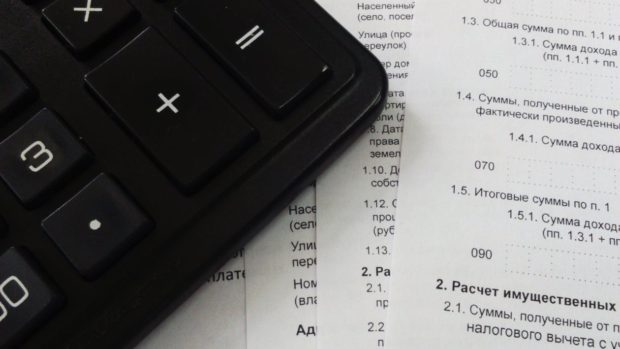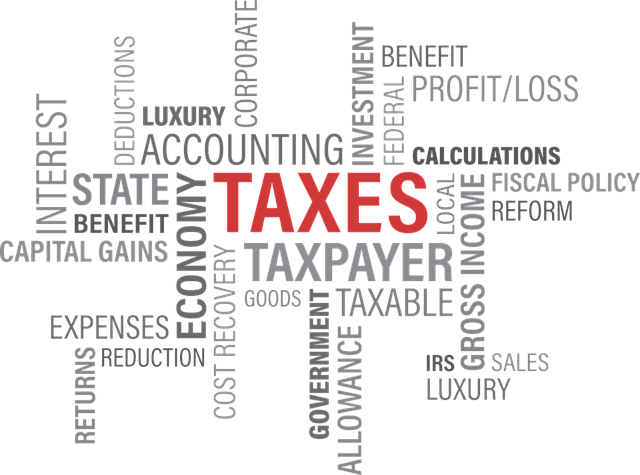13 Things to Hold Onto For Next Year’s Taxes

Are you breathing a sigh of relief now that tax season is officially over? Before you put away your tax returns, take a few minutes to read over the following list of 13 tax documents you need to hold onto for next year’s taxes. Some of these you will need to collect throughout the year while others will land in your mailbox – or inbox – in January or February.
W-2s
Probably the most well-known tax form is the W-2. This document typically arrives in late January from your employer, although they may allow you access to it online earlier. You should keep all W-2s earned throughout the year from various employers with your tax return in the event of an audit.
1099 Tax Forms
1099 tax forms are available for various reasons. Freelancers and self-employed contractors may file a 1099 to report earnings for the year. You can use the form to report income from investments or government payments. These forms usually arrive in February. Just like with W-2s, you should file 1099 forms with your tax returns.
Bank Statements
Keeping bank statements current can save you time during an audit as you can prove your money flow. Bank statements report direct deposits, debits, savings accounts and dividends earned. You will need to keep credit card statements and reports from any online services like PayPal. You can access these records electronically with most banks if you prefer not to keep paper copies.
Brokerage Statements
When it comes to your investments, keep any statements to confirm they match as well as show the cost for stocks, mutual funds and other financial securities. You may need this information if you decide to sell your stocks.
Alimony or Child Support Receipts or Statements
Whether you receive alimony and/or child support payments or you are the one paying, keep a record of each payment. You may need this information in the future for an audit or to prove to a family court that you are current on your payments to avoid penalties.
Tax Deductible Receipts
Collect receipts to use for tax deductions throughout the year. These include items to run a home-based business, business expenses from trips, mileage logs and childcare expenses. Keep these receipts in a file folder, zip-close bag, envelope, shoebox or an electronic file.
It’s much easier to label these by month before you file them away to make tax time easier on you and your accountant or tax preparer.
Charitable Contribution Statements
If you make charitable contributions during the year, you should receive a statement of giving to use at tax time. You may receive this statement at the beginning of the year, but you may want to keep the initial receipt from your giving to make sure each contribution matches up with the statement.
Closing Documents for a New Home
When you purchase a new home during a tax year, keep your closing documents, proof of payments and insurance records for as long as you own the home.

Home Improvement Receipts
Keep receipts for any considerably large home improvements, especially if the improvements contribute to saving energy or are required due to medical reasons. These type of home improvements could garner you tax deductions.
Annual Mortgage Statement
Your annual mortgage statement reports the interest accrued, which is tax deductible. You should receive a statement or a 1098 tax form if you paid at least $600 in interest during the year. The document may show the disbursements for real estate taxes and property insurance.
Birth, Marriage and/or Death Certificates
Life events such as a new baby, marriage, death of a family member or adoption of a child may provide you with tax advantages depending on your situation. Be able to produce birth, marriage or death certificates as well as social security cards for members of your family. Store these documents in a fire-proof safe.
Annual Retirement Account Statements
If you are saving and investing for retirement, keep the following documents: IRA contributions (Form 5498), nondeductible IRA contributions (Form 8606), annual statements, and 401(k) and distribution statements. Consult with a financial planner to make sure you have the appropriate documentation regarding your financial accounts before filing your taxes.
Property Tax Receipts
Property tax receipts prove you paid your property taxes for the year on assets, such as your home and vehicle. Some states, like West Virginia, require a copy of your property tax receipt before allowing you to renew your vehicle registration.
How long should you keep these documents and your tax returns on hand? The IRS recommends keeping documents for at least three years, and, in some cases, six or seven years. You should keep records for at least seven years if you file a bad debt deduction or another type of loss.
Most experts agree that seven to ten years is a fair amount of time to keep records either with paper hard copies or in a digital format.
If you decide to keep electronic records, confirm you have a backup and stay up-to-date with the security measures.


